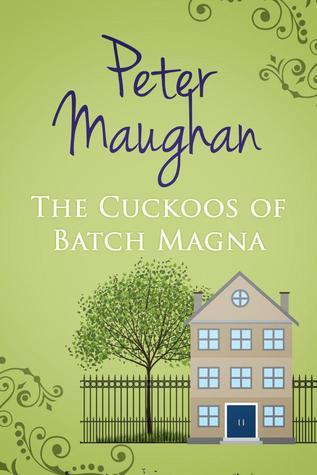What do you think?
Rate this book


308 pages, Kindle Edition
First published March 28, 2004
BOOK SYNOPSIS
My Thoughts
[EARC Copy from author in exchange for honest review]
And the tall, star-shaped chimneys and gabled black and white timbers of Batch Hall, home to the Strange family for over four hundred years, set with Elizabethan ornateness in what was left of its park, its lawns, under horse chestnuts heavy with bloom, running down to the Cluny. And the castle, a fortress once against border incursions and the forces of Cromwell, open now to Welsh rain and rabbits, the archers’ loopholes in the ruined towers blinded with creeper, its red sandstone turning to coral in the sun.